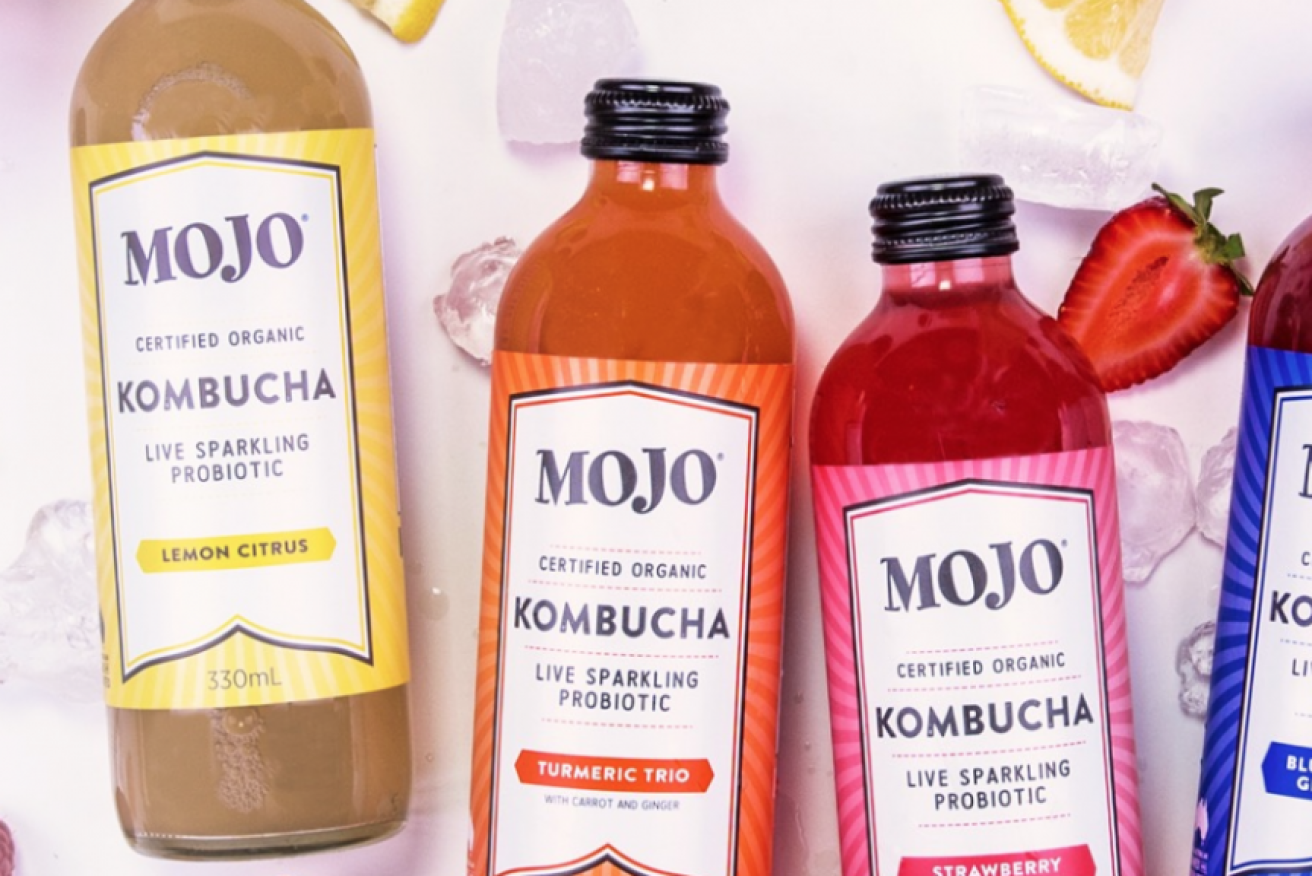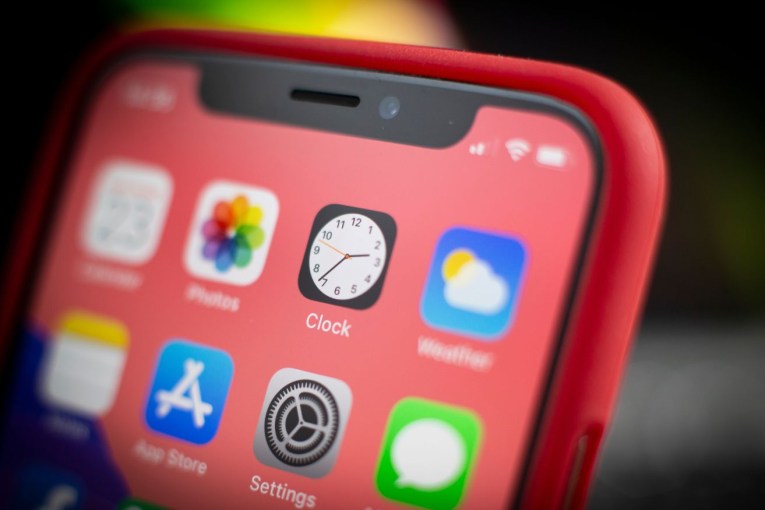What is kombucha? Coca-Cola jumps on ‘healthy’ drink fad


Coca-Cola expands into the kombucha 'health drink' market. Photo: Mojo
Coca-Cola has bought out an Australian kombucha brand as it scrambles to repair its reputation amid the anti-sugar movement, but the evidence is yet to live up to health claims about this latest ‘health drink’ craze.
The soft drink giant, perhaps best known for selling the brands Coca-Cola, Sprite and Fanta, has now entered the increasingly popular kombucha market after acquiring Organic & Raw Trading Co’s Mojo range.
In recent years Coca-Cola has been forced to diversify its product range to include healthier options, such as sparkling water, as consumers move away from sugary drinks.
Most recently, it relaunched a modified recipe of Coke Zero under the brand Coke No Sugar. Earlier this week the company admitted it was considering a new range of cannabis-infused (CBD) drinks.
Coca-Cola’s acquisition of Mojo is expected to play an important role in helping the company meet its commitment to reduce sugar by 20 per cent by 2025.
But nutrition experts say kombucha may not be as healthy as it is made out to be.
What is kombucha?
Kombucha is a non-alcoholic, naturally fermented tea.

A floating SCOBY in a jar, the ‘mother’ yeast needed to brew kombucha. Photo: Getty
Described as an “ancient health elixir” on Mojo’s website, the drink boasts a variety of health benefits stemming from gut health and probiotics.
It is made from a hot green tea or black tea base, with sugar added and dissolved.
Once cooled to room temperature, the process involves fermenting the solution with a ‘tea fungus’ known as a SCOBY – symbiotic culture of bacteria and yeast.
It takes seven to 10 days for a new SCOBY to form and the longer it is left, the more the sugar ferments out, producing a more sour brew.
The ‘health drink’ has become hugely popular in the past few years, with some people even going so far as to brew their own kombucha.
According to the Coca-Cola Company, kombucha is the fastest-growing beverage category in Australia.
The truth about kombucha health claims
Some of the common kombucha health claims include detoxifying the blood, reducing cholesterol levels, reducing blood pressure, helping manage diabetes, antibiotic effects and counteracting ageing.
Nutrition expert Dr Tim Crowe said kombucha is the new “star” of the fermented food stage but is yet to live up to such health claims.
The theory is that good bacteria will colonise our gut, however ingesting healthy bacteria does not necessarily mean it will permanently live in the gut.

Kombucha is the fastest growing drink category in Australia. Photo: Getty
Current research suggests that to gain any long-term health benefit from food or drinks containing live bacteria – probiotics – you would need to consume the food on an ongoing basis.
In fact, the CSIRO has warned that there have been some adverse effects, and that pregnant women should avoid drinking kombucha.
“Claimed to be a super health elixir with a long list of health benefits, kombucha is one drink where science has yet to support these claims,” Dr Crowe said.
“So far no clinical trials have been carried out in humans.
At best, it can be a source of beneficial bacteria like a whole host of other foods that are way cheaper such as yoghurt.
Cancer Council Victoria dietitian Alice Bastable agreed, saying any benefits are also likely to be gained from consuming other fermented foods such as kimchi, yoghurt, sauerkraut, soft cheeses and miso – some of which may be lower in sugar.
She said consumers should be wary of health claims about kombucha.
“Companies may not have the scientific evidence to back it up,” she said.
“Commercially-made kombuchas may have lower amounts of good bacteria due to processing.
“There is often a lot of this bacteria that gets destroyed by the acid in our stomach and may never make it to colonise our gut.”
Ms Bastable said the sugar content varies between kombucha products but there are some brands that contain two to four teaspoons of sugar in a 330ml bottle.
“If you are drinking kombucha daily, and the product doesn’t have the right type of bacteria that can be colonised in the gut, you could effectively be drinking half a can of soft drink with no health benefits.”








